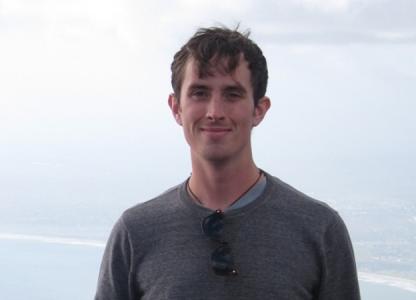CNBC: Project to Tackle Potential 'Post-Antibiotic Apocalypse' Launched with $3.2 Million Pledge
By Anmar Frangoul
Global charitable foundation Wellcome has announced a £2.4 million ($3.2 million) investment in a project to track the worldwide impact of superbugs.
The Global Burden of Disease antimicrobial resistance (AMR) project is to be launched today at the Call to Action conference in Berlin, Germany. Tim Jinks, Wellcome's head of drug resistant infections, said it would provide vital information on both the spread and impact of drug resistance.


